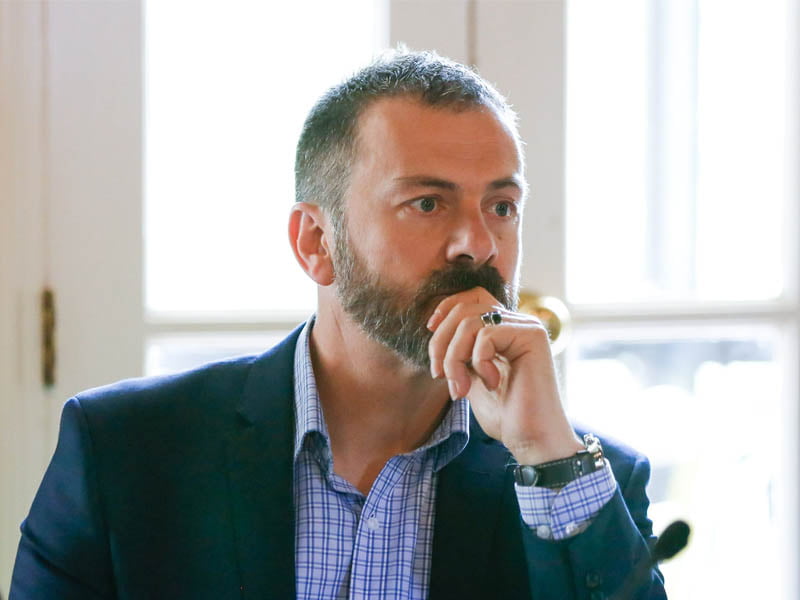There’s no argument that the world is in the middle of a major inflection point, as digital disruption changes industries, government and the way people work. However, as author William Gibson once remarked, ‘the future is here – it’s just not evenly distributed.’
This statement is particularly apt when it comes to Australia. According to Data61 chief executive Adrian Turner, Australia missed out on the first two great cycles of the internet, and it’s up to us as a nation to ensure that we don’t miss out on being a part of the third wave, one where physical systems and cyber systems become unified.
“The rest of the world is on a different disruption curve to Australia,” he said. “We are further behind.”

Mr Turner said the first two waves were the building out of infrastructure by the likes of Cisco and Google, and then the creation and scaling of platforms, like Facebook, Uber and LinkedIn.
“We don’t have the technical or engineering leadership that knows how to scale and deliver those platforms,” he said.
“This leaves us to focus on capitalising on the unique strengths that Australia can build around.” In particular, this includes robotics, where Australia is already a world-leader.
“Our experience in autonomous mining vehicles is just one example of an area where Australia is ahead of the pack.
This is where cyber-physical systems, and the opportunities those platforms will provide over the next two decades, comes into play. It also highlights the needs for Australia to focus on skills, so people are prepared for future disruption, rather than trying to anticipate what the jobs of the future will be.
“It’s clear that we’re going through major disruption,” said Steve Ingram, PwC’s Asia Pacific Cyber Lead. “This means that we need to focus on industry and government working together to ensure that we share our experiences and expectations, and have the right skills mix for the future.”
Mr Ingram – who hosted a PwC Cyber Leaders roundtable in Melbourne recently – points to the Israeli experience, where the military, industry and academia work together in centres of excellence to promote skills growth and to create the bedrock for industries of the future.
“In Canberra, for example, we could see the Australian Defence Force Academy, ANU and government and private sector employers come together to create incubators for skills and platforms of the future,” he said. “That’s something I would love to get going locally.”
Mr Turner said that building skills for the future requires a two-pronged approach. The first is unbundling skills from specific ideas about the jobs they entail, and the second is to rethink the way we approach education.
“What we need is cohesive approach to skilling, and that means an unbundling the tasks we do in a job,” he noted.
“A job is an aggregation of tasks, each task needs certain skills. Some of those tasks will be replaced by automation and robotics over time [and this will] force a redefinition of roles and job, into new bundles of tasks that require new skills.”
He paints the picture of inspectors at a nuclear facility. Their manual tasks can be automated, but this won’t lead to those jobs going away.
Instead, the workers will have their mental capacity freed up, so they can perform tasks involving higher order problems, things that machines simply cannot do.
One of the fears associated with disruption is that people will get left behind as jobs change and automation makes its presence felt. Mr Turner said the way to combat this is to evolve the education system.
Put one way, if the education system was being designed from scratch today, it wouldn’t look anything like what we currently have.
If we designed a system today with a clean sheet of paper, we would take people’s psychographic profiles and then educate them with the skills that suit those abilities, around whether they are more creative, or more logical.
We’d have career concierges, that tailored people’s education to their needs and to the needs of society, and then helped them maintain those skills and obtain new ones as industry and its needs evolve.
“Where this goes in the end is that it’s not about systems replacing people,” he said. “It’s about augmenting people with automated systems and system aids, things that allow them to solve higher order problems and adapt as society and its needs change.”
PwC is a valued supporter of InnovationAus.com, and was a strategic partner of the ‘Cyber Security: The Leadership Imperative’ forum held in Melbourne in October.
Do you know more? Contact James Riley via Email.

